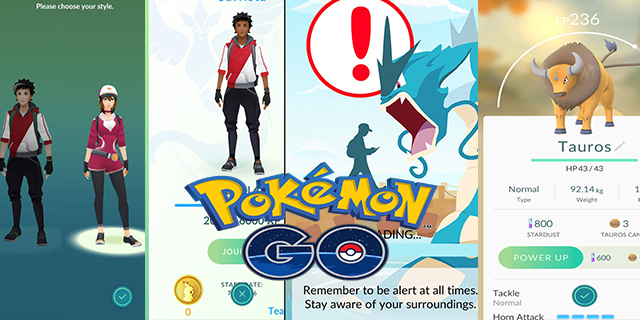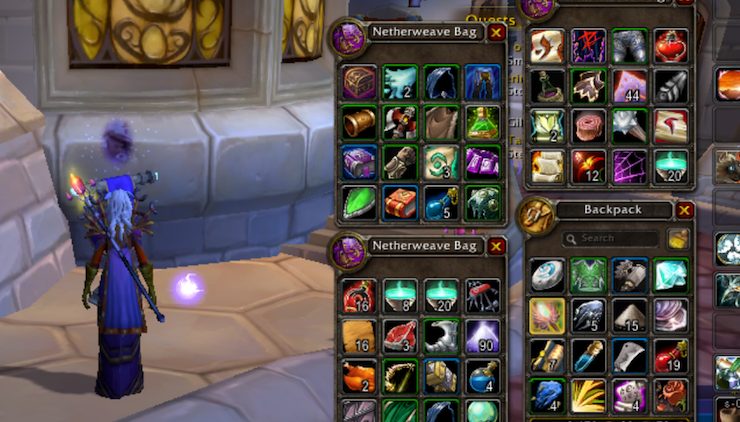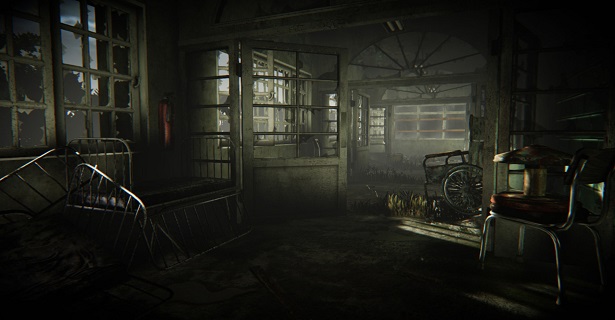It’s that time of year again, the time when all of the academic conferences and game and comic cons start to bump up against one another and cry out for my limited attention (and cash). It’s this time of year when I really feel the liminality of the space that I inhabit as a games scholar. That space that exists between the games and academic community. As I sit in front of my computer tasked with completing a presentation for an academic conference next week I also find myself drawn to do the work that I do within the games community. There are posts to write, projects to plan, editing to do, and (most importantly) games to play. I am being drawn in no less than two directions simultaneously.
When asked for a bio blurb I often include the phrase, “I am a gamer, a researcher, and a games researcher.” As cheesy as it sounds (and I recognize that it does), it’s true. I am all of these things separately and simultaneously and at times it gets to be a huge balancing act. During stretches like these I find myself a little jealous of my colleagues who get to focus solely on games criticism and my colleagues who get to focus solely on their academic work. They always know where they stand and they only have to focus on one audience. It just seems so easy, but it’s not. It’s about more than me. I do the work that I do for a number of reasons, but most of all it’s because I think that I have something unique to offer to the communities on both sides of the fence that I straddle.
 As a games researcher I believe that I have something to particular to offer. As a scholar with two decades of experience writing and researching in feminist and minority rhetorics I think that I am uniquely situated to talk about and write about sex and race and games. It’s kind of my thing. As an academic I can illuminate the importance of games as a critically and rhetorically rich medium. My status as gamer also gives me the chance to study the community from a very particular vantage point and not to dismiss the rich and wonderful assemblage that exists there without falling prey to stereotypes of gamers and dismissing the nuances that exist. So when I take that rhetorical education and combine it with a passion for games that runs four decades deep I think that what I have is something that is important to both the academic and games communities.
As a games researcher I believe that I have something to particular to offer. As a scholar with two decades of experience writing and researching in feminist and minority rhetorics I think that I am uniquely situated to talk about and write about sex and race and games. It’s kind of my thing. As an academic I can illuminate the importance of games as a critically and rhetorically rich medium. My status as gamer also gives me the chance to study the community from a very particular vantage point and not to dismiss the rich and wonderful assemblage that exists there without falling prey to stereotypes of gamers and dismissing the nuances that exist. So when I take that rhetorical education and combine it with a passion for games that runs four decades deep I think that what I have is something that is important to both the academic and games communities.
As a games critic my years of research into minority and feminist issues offers me the opportunity to critique games through very particular lenses and to offer some insight into how video games can serve not only as an entertainment medium, but also as a window into our society. One that allows us to see how some folks in the games community see gender and racial issues in a certain context. I like to believe that my education also gives me the ability to talk about these things with some kind of credibility and to engage with people who may not otherwise (listen to those critical of the medium). In short, my academic position affords me some amount of privilege, but that same position requires that I toe the line.
 And that line is the one that runs right behind my computer tonight, the one that separates the academic me in front of the screen from the gamer me that really just wants to get at the console that sits just beyond the line. But I work with the understanding that line (and the liminal space that exists within its confines) is the thing that allows me to continue to do the work that I do within both communities. So while I struggle with my desire to cross the line and freely dance on one side or the other I fully realize that the obligations that I have to both communities will not allow that kind of revelry because it is from within this space that I must not only advocate for games and gamers, but also make the argument that this community is a valid subject for study and that the scholarly work done here equal to the more traditional work that our colleagues done. Ironically, I am more well suited to make this argument because I have already toed the line long enough and well enough to achieve academic credibility and career security. This achievement means that I am better able to advocate for younger scholars in the field who need to prove that their work is valuable and tenurable. So for now I’ll just be here straddling the fence, toeing the line, and dancing as fast as I can.
And that line is the one that runs right behind my computer tonight, the one that separates the academic me in front of the screen from the gamer me that really just wants to get at the console that sits just beyond the line. But I work with the understanding that line (and the liminal space that exists within its confines) is the thing that allows me to continue to do the work that I do within both communities. So while I struggle with my desire to cross the line and freely dance on one side or the other I fully realize that the obligations that I have to both communities will not allow that kind of revelry because it is from within this space that I must not only advocate for games and gamers, but also make the argument that this community is a valid subject for study and that the scholarly work done here equal to the more traditional work that our colleagues done. Ironically, I am more well suited to make this argument because I have already toed the line long enough and well enough to achieve academic credibility and career security. This achievement means that I am better able to advocate for younger scholars in the field who need to prove that their work is valuable and tenurable. So for now I’ll just be here straddling the fence, toeing the line, and dancing as fast as I can.





4 thoughts on “Straddling the Fence and Toeing the Line”
Wake up at 6:30 – prep, get to work at 8:00. Work until 5:00. Get home, go out for hour of walking around the block (a modicum of effort to try and lose weight), dinner, and now it’s 7 oclock. Time to juggle – do I work on achievements in Earth Defense Force? Or do I do research for my next essay and get some writing done?
Stephen King once said if you’re not writing 6 hours a day, then you don’t really want to be a writer. I do take umbrage to that. I consider myself early in my academic writing career – but juggling writing with so much other stuff?
But at least I can juggle it. I may not get done what I really want to get done, I get some of it done. So I don’t ever feel like I have to say “I can’t do such and such because I never have time”. I do some time. It’s not as much as I want, but I do have it, and try to make the best use of it as I can.
I sympathize with the juggling aspect you gotta do.
PS – EDF! EDF!
Juggling is right. Especially when you are writing in varying and burgeoning genres (that you are also trying to define).
As a programmer outside the games industry, I understand with the idea that one must dedicate a hefty amount of time to improve in one’s field. But you also need to give yourself time/space to relax. Relaxing is an important part of the equation. Without rest you can get burned out or you are not giving yourself time to digest your experience.
Luckily, I parent in addition to all of the other things that I do so I find that I have lots of “forced” down time devoted to coloring, cuddling, and just simple meditation.